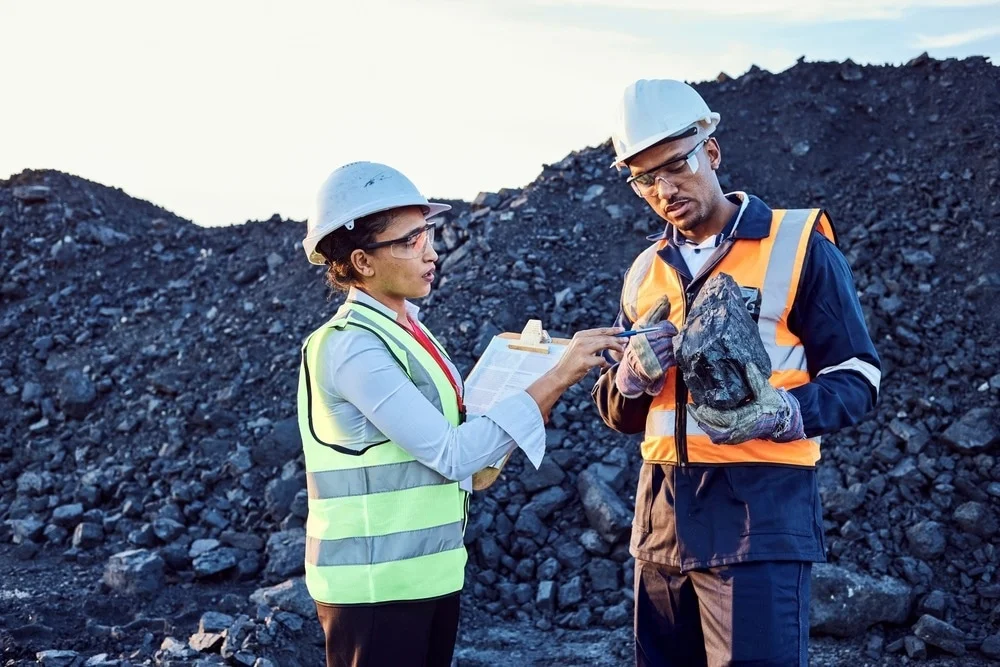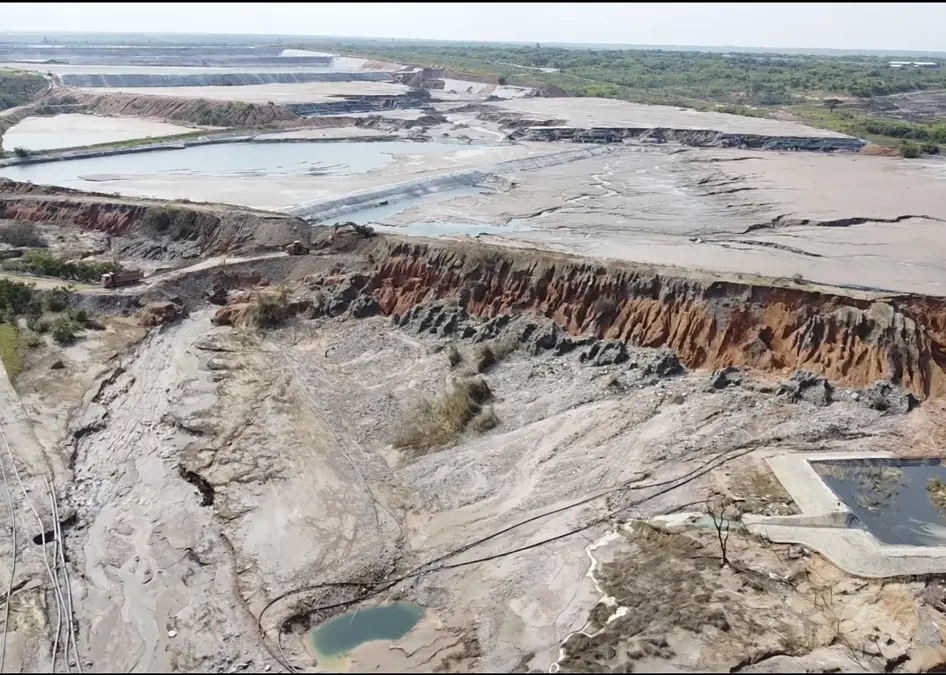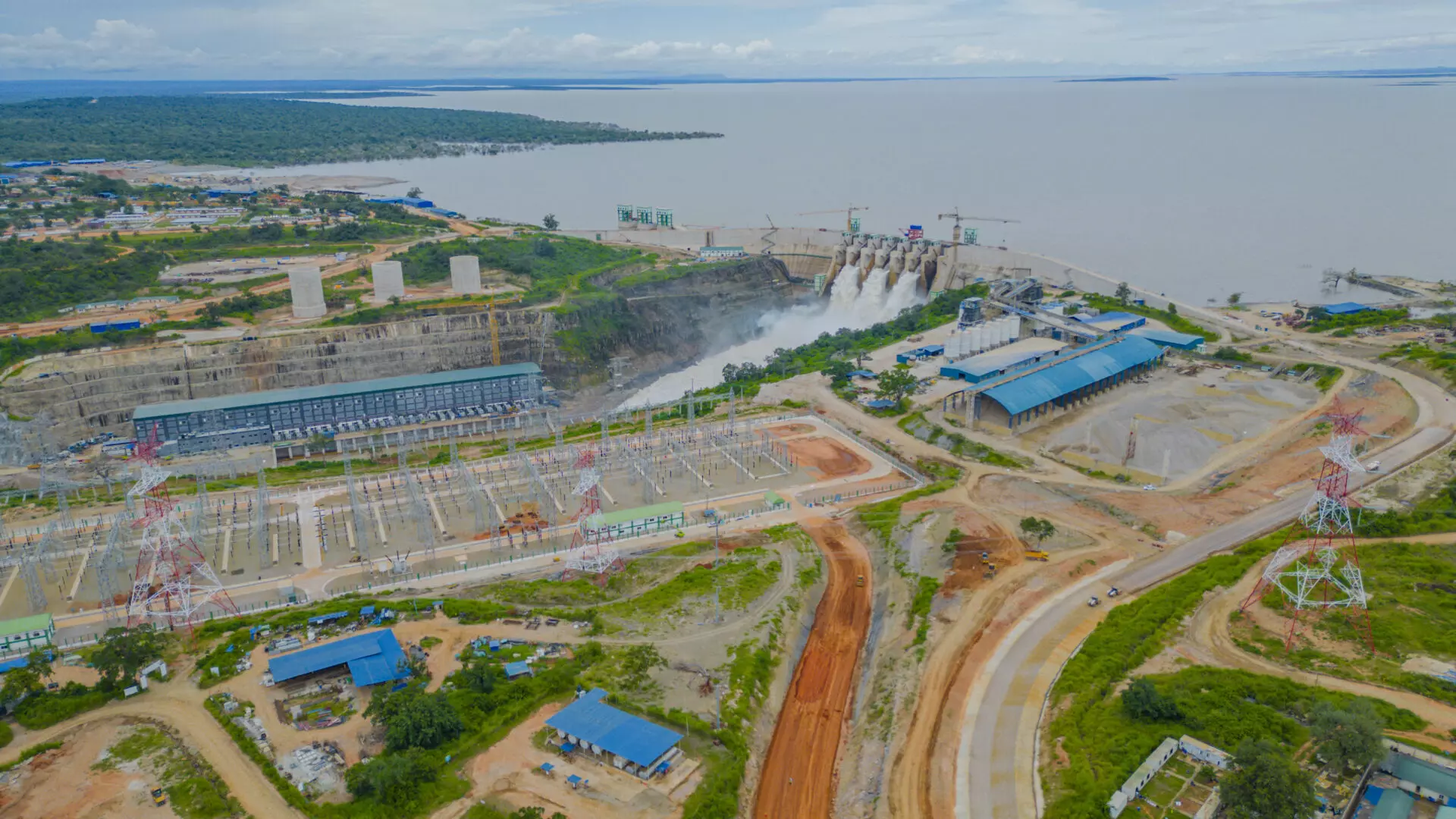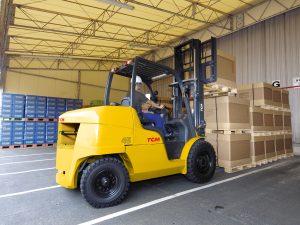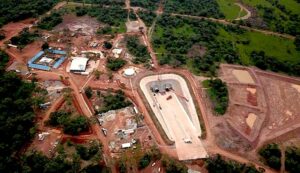Africa’s Mining Sector: Untapped Potential and Emerging Trends
By Brett Smith/Reviewed by Laura Thomson/Image Credit: Magnifical Productions/Shutterstock.com
The continent of Africa is awash in fossil fuels and mineral resources, including valuable metals such as gold and industrial minerals like lithium that are vital to the production of modern devices. Mining sectors across the continent produce a significant portion of African exports and contribute substantially to GDP. In 2019, mineral extraction produced more than one-third of African exports in more than 60 percent of countries.
Interest and investment in African mining are only intensifying as the developed world pursues digital and low-carbon technologies. Africa already produces massive amounts of minerals used to make batteries, wind turbines, and solar panels. According to experts, transitioning to a low-emissions society cannot happen without Africa. For example, the continent is expected to represent more than one-fourth of global hard-rock lithium production in the near future.
Untapped Potential in Africa’s Mining Sector
Due to a lack of infrastructure, political unrest, and outright warfare, Africa’s mining sector has not realized its potential. Some countries have significantly more untapped potential than others. According to The Business Year, Eritrea, Ethiopia, and Sudan have the most untapped mining potential in Africa.
Eritrea is thought to possess massive copper, gold, and zinc reserves. Unfortunately, a lack of mining infrastructure and political instability have prevented the country from developing its mining sector. However, foreign mining operations have made some investments. For example, the Chinese Zijin Mining Group acquired a majority stake in the country’s Bisha mine, which is thought to contain large pockets of industrial and precious minerals. The Chinese mining group is currently making infrastructure investments around the mine.
Ethiopia is another country with many untapped resources, particularly gold, potassium, and tantalum. While gold has obvious value, potassium has value in the agricultural sector, and tantalum is an essential mineral for modern electronics. As with Eritrea, Ethiopia’s lack of infrastructure and investment has significantly hampered the country’s mining sector, which currently contributes less than 1 percent of GDP.
The Business Year also singled out Sudan for its untapped mining potential. Political turmoil and open war have prevented the Sub-Saharan country from modernizing its mining sector. Despite the turmoil, Sudan produced a record 55,000 tons of gold in December 2022. Sadly, civil war broke out just a few months after that record was set. If peace were to return to the country, the mining sector could quickly attract investment, with Sudan having a prominent history of gold production.
Emerging Trends in Africa’s Mining Industry
While significant untapped mining potential exists in Africa, the continent is increasingly extracting value from its mineral resources. According to Brookings, fossil fuels and minerals represented more than one-third of exports from over 60 percent of African nations in 2019. The continent currently represents a significant share of production for many minerals, including 80 percent of platinum, two-thirds of cobalt, and one-half of manganese production.
One major emerging trend poised to unlock that potential is the expanding digitalization of African mines. Mining operations are increasingly using analytics and automation to decrease energy consumption. These digital technologies reduce fuel consumption by 10 to 15 percent for drilling, loading, and hauling activities.
Digitalization is also impacting planning and productivity. One 30-year-old mine in South Africa has increased production by 2 percent by using advanced analytics to improve processing. Another mine in Mali recently installed a fiber optic network that can control and monitor automated drilling machines. The investment is expected to cut costs by 30 percent and boost efficiency.
One of the biggest challenges mining operators face in Africa is the business environment in many nations. In response, African governments recognize the need to establish regulatory infrastructures favorable to the mining sector. Governments are also looking to negotiate contracts that increase mineral extraction’s social and economic benefits for their respective nations. Increased attention is also being paid to governance at the local level, as mining companies need a skilled local workforce and infrastructure.
Challenges and Risks of Mining in Africa
The challenges and risks for the African mining sector are well documented, with political instability and security being top concerns. The mining industry must also deal with the lack of infrastructure in many locations. Other significant challenges include the potential nationalization of mineral resources and banking issues.
These are major challenges and can have a chilling effect on foreign investment. However, many companies are willing to take on these challenges and make massive investments to unlock Africa’s untapped potential. In particular, Chinese companies that have the backing of the state are able to bring the resources needed to overcome challenges like a lack of infrastructure and security.
Conclusion
Africa is rich in resources, particularly gold, lithium, and cobalt. While the extraction of these resources contributes significantly to the GDPs of many African countries, there is untapped potential.
Fortunately, promising trends suggest the continent will soon produce more valuable minerals. In particular, the ongoing digitalization of the African mining sector promises to make it more efficient while reducing its environmental impact.
While significant risks and challenges remain, many companies leverage the resources needed to open up untapped potential. Chinese companies are particularly well-positioned to invest in African mining operations because they have the backing of the state. If additional investment follows from these companies and others, it can only benefit the mining sectors of African nations.
Share this content:
